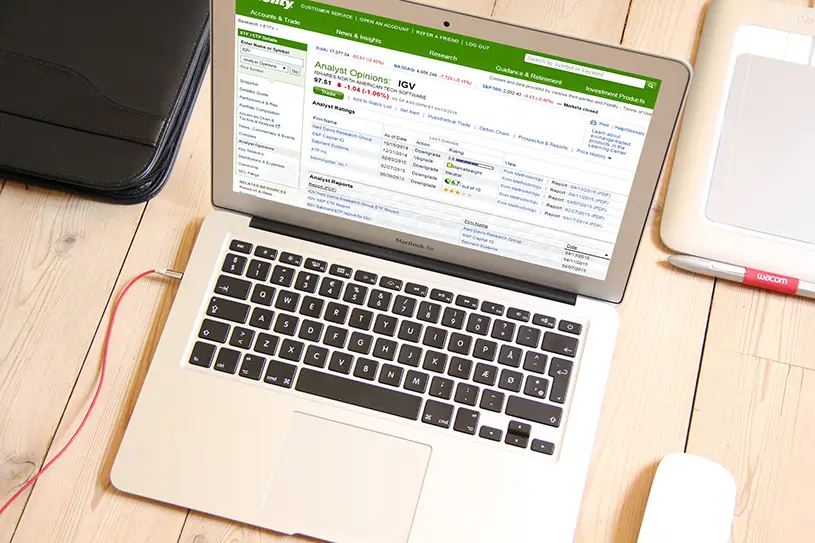We all know we need to be saving for retirement. But it’s hard to focus on something that seems so far away when owning a house is something that’s on our mind right now.
So, where should you focus your money? Have you been pondering,
“Should I save for retirement or save for a house downpayment?”
Generally, you’ll get a higher return on your investment by contributing to a retirement account, but owning your own home is a decision that affects your quality of life today.
There are also noteworthy reasons behind why Millennials should buy a home — but here’s how to decide if you should continue to rent or stash those funds in a retirement account.
Can You Save Money By Renting?

Owning a home might be your dream, but is it the right thing for you financially? Can you save for a house?
We’ve heard that buying a house will help you build wealth faster than rent, but a new study shows that might not be entirely true.
The catch is, you’ll need to take the money you’re saving by not making a down payment for a home and invest it wisely.
For example, if you have 100K on hand you gotta learn what to do with 100k and where to invest it.
Your return might be even greater if it’s cheaper to rent than it is to buy in your area or even learn how to live rent free in certain areas across the nation.
Can You Use Your Roth IRA For A Down Payment?

As a millennial, chances are you’re in a lower tax bracket now than you will be ten years from now. That’s what makes now such a good time to invest in a Roth IRA.
Since you’re paying taxes on the money now, you’ll be taxed at a lower rate than if you defer through a traditional IRA or 401(k) and pay later in life when you’ll likely be in a higher tax bracket.
The other benefit is that Roth IRAs allow you to use some of your savings to put a down payment on a home if you’re a first-time buyer.
So can you use your Roth IRA for a downpayment? In a nutshell, up to $10,000 in Roth IRA earnings can be withdrawn — free of both taxes and penalties — for a home purchase if you meet certain requirements.
Related: 6 Types of IRAs: Find the Right IRA Type for You
Look Into First-Time Buyer Programs

If you’re not ready to dip into your retirement savings, but you can’t quite shake the dream of a new home, you might want to look into first-time buyer programs.
We all know that 20 percent is the gold standard for a down payment on a home, but these programs allow first-time buyers to buy a home with a smaller down payment.
Here are 10 first-time homebuyer programs in 2021:
- FHA loan
- USDA loan
- VA loan
- Good Neighbor Next Door
- Fannie Mae or Freddie Mac
- Fannie Mae’s HomePath ReadyBuyer Program.
- Energy-efficient mortgage (EEM)
- FHA Section 203(k)
There are plenty of first-time buyer programs nationwide. Some cities even offer incentives for first-time buyers with certain income levels or who are willing to move to a certain area of town. Some states will even give you free land if you move there.
You’ll most likely need to pay private mortgage insurance (PMI) when you use these programs, so keep that in mind when you’re making plans.
- Your account has been open for less than five years
- You are withdrawing $10,000 or less to purchase a new home (For reference: 20 percent of a $100,000 home is $20,000).
- You’re using the money for a down payment, closing cost, or other fees directly related to buying a house.
If you go this option, remember you’ve just taken a big chunk out of your retirement savings, so you’re going to want to focus on rebuilding that amount.
That might mean maxing out your retirement contributions, so be sure your new mortgage payment allows you the flexibility to save.
Related: 9 Ways to Get Money for a Down Payment on a House
Don’t Neglect Your Other Debts

Where ever you decide to focus your money, remember not to neglect your other debts, like your student loan payments.
Falling behind on these payments can be disastrous for your credit score, which will make buying a home even more expensive when you’re ready to do it.
Can You Turn $100 Into $150,000?
Even small investments can lead to big gains. Investing just $100 a month could grow to nearly $150,000 in 30 years with an 8% return. Start today!
Arrived Homes
Invest in rental properties for as little as $100. Start earning passive income today.
Acorns
Set up $5 recurring investments and get a $20 bonus. Start growing your future now.








